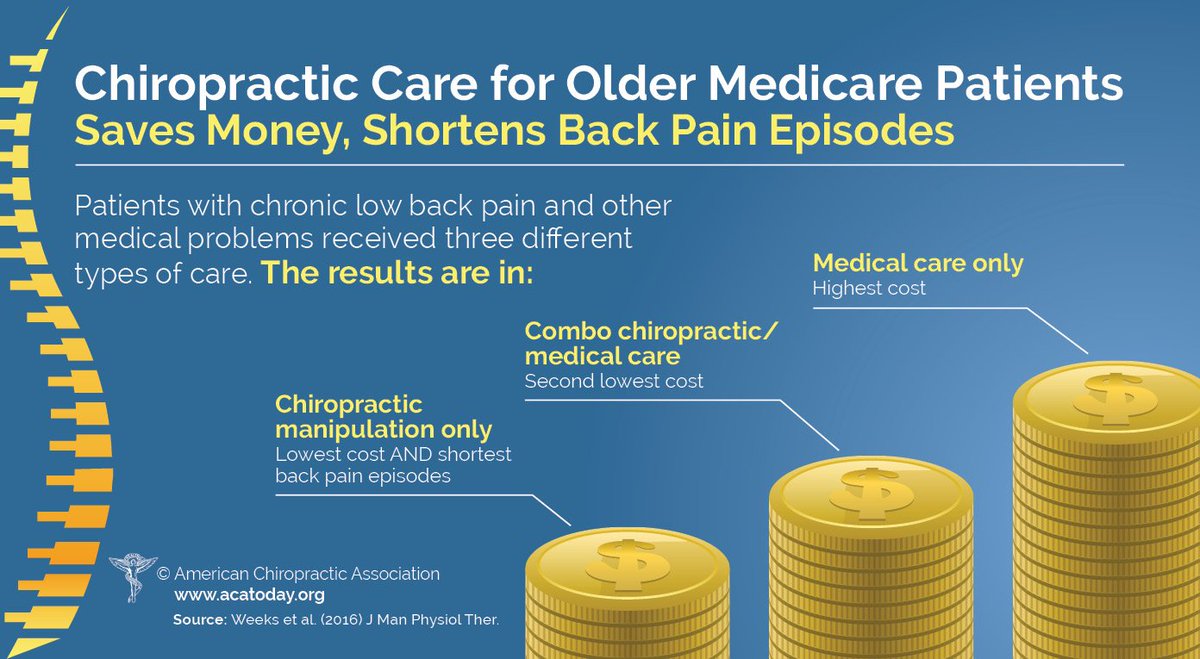Nourishment'S Impact On Neck And Back Pain Relief: Dietary Choices To Embrace And Those To Steer Clear Of
Nourishment'S Impact On Neck And Back Pain Relief: Dietary Choices To Embrace And Those To Steer Clear Of
Blog Article
Composed By-Bond Wheeler
When it involves handling your neck and back pain, the food selections you make can substantially impact exactly how you really feel every day. Visualize having dr schramm to alleviate your pain simply by readjusting what you consume. By recognizing the duty of nourishment in pain in the back management and recognizing which foods to include or avoid, you can take aggressive steps towards a healthier and more comfortable lifestyle. The link between nutrition and back health is more extensive than you might understand-- let's discover how particular foods can either soothe or intensify your neck and back pain.
Significance of Nutrition in Neck And Back Pain
Nourishment plays an important role in taking care of pain in the back. Your diet can considerably affect inflammation degrees and total pain degrees in your back. Taking in a well balanced diet rich in nutrients like vitamins D and K, calcium, magnesium, and omega-3 fatty acids can help in reducing inflammation and reinforce bones, which are necessary for back wellness.
Additionally, preserving a healthy and balanced weight via correct nutrition can reduce tension on your spine, decreasing the risk of neck and back pain.
Furthermore, certain nutrients like antioxidants found in fruits and vegetables can assist fight oxidative stress and anxiety and promote recovery in the body, including the back muscles and spine.
On the other hand, eating too much quantities of processed foods, sweet beverages, and undesirable fats can contribute to swelling and weight gain, aggravating pain in the back.
Foods to Eat for Back Health And Wellness
To support a healthy and balanced back, integrating nutrient-rich foods into your everyday dishes is essential. Including foods high in anti-oxidants like berries, spinach, and kale can help reduce inflammation in your back, easing pain and pain. Omega-3 fatty acids located in fatty fish such as salmon and mackerel have anti-inflammatory properties that can profit your back health and wellness.
Furthermore, eating nuts and seeds like almonds, walnuts, and chia seeds offers important nutrients like magnesium and vitamin E, which support muscle mass feature and minimize oxidative stress and anxiety. Integrating lean proteins such as hen, turkey, and tofu can aid in muscle repair and maintenance, advertising a solid back.
Do not forget to include browse around this web-site or strengthened plant-based choices for calcium to support bone health and wellness. Finally, hydrate with lots of water to maintain your back discs moistened and functioning ideally. By consisting of these nutrient-dense foods in your diet plan, you can nurture your back and support overall spine health.
Foods to Avoid for Pain In The Back
Select preventing refined foods high in added sugars and trans fats when looking for relief from back pain. These types of foods can contribute to swelling in the body, which might exacerbate pain in the back. Say no to sugary snacks like candy, pastries, and sweet beverages, along with fast food products like hamburgers, french fries, and fried hen that are commonly filled with trans fats.
Furthermore, steer clear of foods consisting of high degrees of polished carbs, such as white bread, pasta, and pastries, as they can increase blood sugar level levels and potentially get worse inflammation in the body.
It's also smart to restrict your intake of foods high in hydrogenated fats, like red meat and full-fat dairy products, as they can contribute to swelling. Refined foods like deli meats, chips, and packaged snacks are commonly high in saturated fats and ought to be eaten in small amounts.
Conclusion
Finally, taking note of your diet plan and making wise food options can have a substantial effect on managing pain in the back. By including nutrient-rich foods like berries, fatty fish, nuts, and lean healthy proteins, and avoiding refined and sugary items, you can help in reducing swelling and support overall back wellness. Remember, what you consume plays a vital duty in how you really feel, so see to it to prioritize your nutrition for a healthier back.
